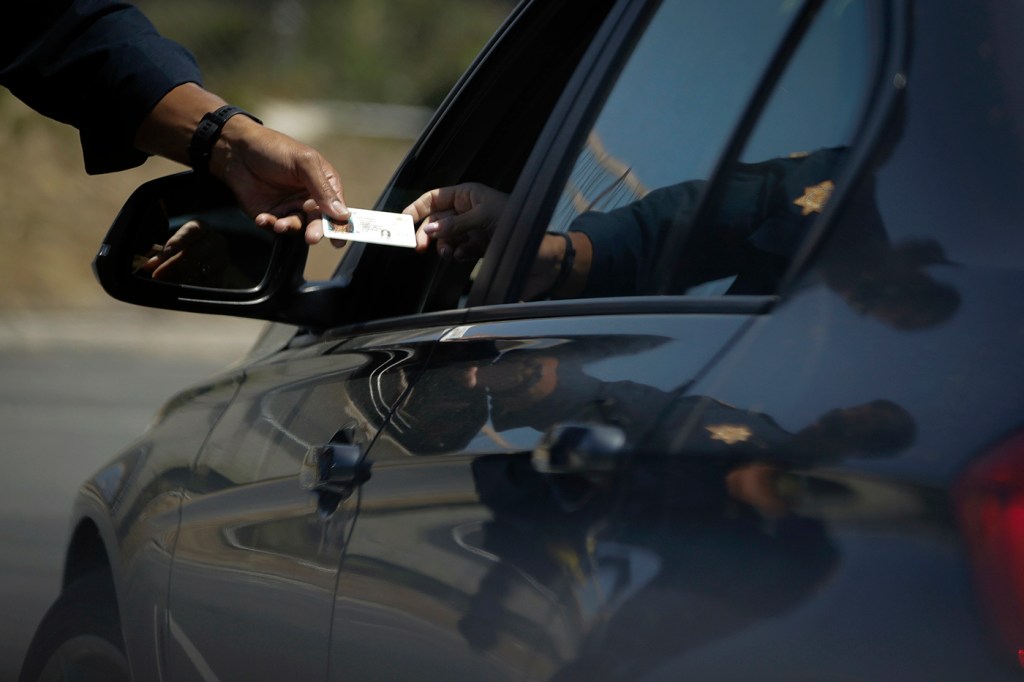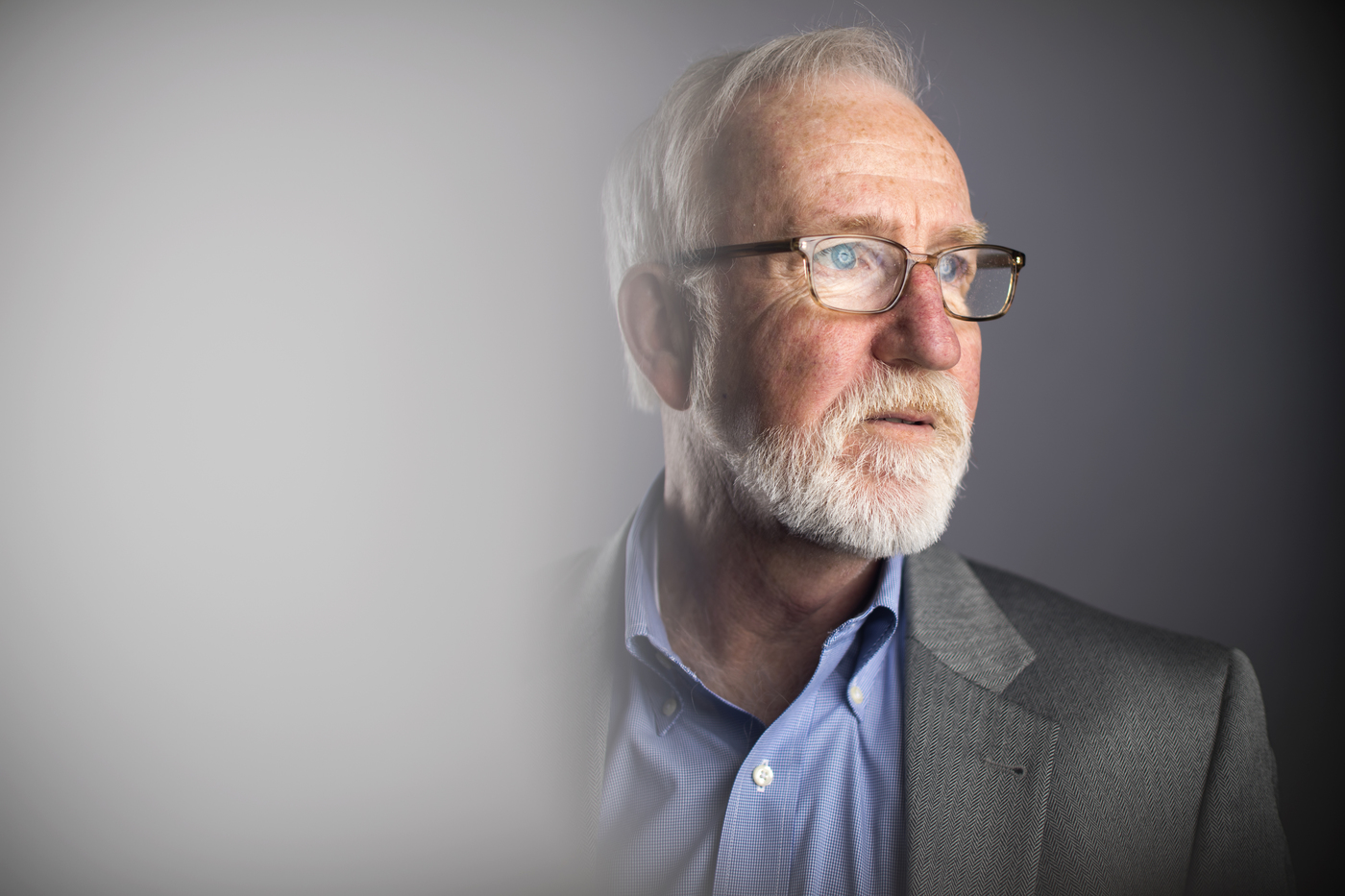Study analyzes why Black people in Maine are more likely than white people to be arrested in traffic stops

Why are Black people three to four times more likely than white people to be arrested in Portland and South Portland, Maine?
That question arises from new Northeastern research led by Jack McDevitt, emeritus professor of the practice, in partnership with the Roux Institute. McDevitt believes the study is a first step that can help resolve the issues of racial disparities—and offer far-reaching solutions that may be applied throughout Maine.
Inspired in part by the ongoing study of its largest metro area, Maine has tendered legislation that would require all agencies throughout the state to collect data on disparities in traffic enforcement.
It all stems from a 2020 query by the South Portland police chief amid the national protests ignited by the killing of George Floyd by Minneapolis police.

“He said, ‘I’m reading all this stuff about racial profiling, and I don’t know whether my officers are involved in it. Could you help me analyze my data?’” McDevitt recalls.
The outreach was highly unusual, says McDevitt, who has studied hundreds of U.S. police departments over the past 20 years—often without the blessing of the police themselves.
“Most of the time when we get calls, it’s because there’s been a horrendous case in the media of an officer who misbehaved or there’s been a state statute [ordering a study],” McDevitt says. “This was a nice beginning because they were looking to see if they had problems.”
The voluntary study of traffic stops and arrests found evidence of racial and ethnic disparities. Though Black people comprise 3.5% of the state’s population, they accounted for 15% of arrests involving Maine residents in South Portland from 2018 through 2020.
And yet, says McDevitt, the data offered no evidence of widespread bias by police.
“What we’ve usually found in the past is that it’s generally a small number of officers who might be involved in bias-based policing,” says McDevitt, who partnered on the Maine research with Carlos Cuevas, a Northeastern professor of criminology and criminal justice, and the Catherine Cutler Institute at the University of Southern Maine. “I haven’t found many places where it’s widespread across a whole department.”
McDevitt says police departments themselves are often best able to identify officers who are acting outside the norms and address the behavior.
The research was funded by the two communities and the Roux Institute, which viewed the study as an evolutionary step in its mission to bring data science and other sectors to Maine.
“They weren’t sure where to look,” McDevitt said of the Portland and South Portland police departments. “So we identified places in the city and types of stops where racial and ethnic disparities existed and encouraged them to see if in fact bias-based policing was being practiced by their officers.”
“The question was: How do we use the power of data science and analytics for the betterment of the community?” says Michael Pollastri, senior vice provost and academic lead of the Roux Institute. “The breadth of how the tools of analytics, data science, machine learning and AI can be applied is far greater than I anticipated—it’s useful for life sciences, it’s useful for finance and now it’s useful for policing.”
There are two next steps. The first is to work with the police departments in Portland and South Portland to analyze and resolve the racial disparities uncovered by the report.
The other step is to apply the methodology to the rest of Maine with the backing of $1.15 million offered annually to each state that agrees to collect and analyze traffic-stop data to reduce racial profiling as part of the 2021 Bipartisan Infrastructure Law.
McDevitt notes that the current study was completed amid a period of administrative turnover.
“Over the three years we had two police chiefs in Portland and four police chiefs in South Portland,” McDevitt said. “That was really difficult because the two chiefs who started it were both gone. And now a new chief walks in and says, ‘What is this study and why are we doing it?’ We had to keep telling new chiefs about it, and building trust that we were going to do a fair job and not do anything outside of what the data could show.”
Ian Thomsen is a Northeastern Global News reporter. Email him at i.thomsen@northeastern.edu. Follow him on Twitter @IanatNU.






